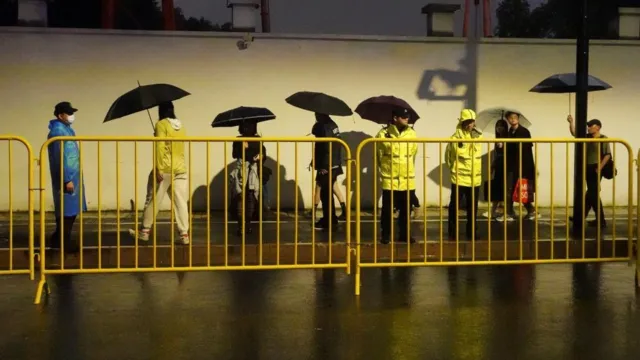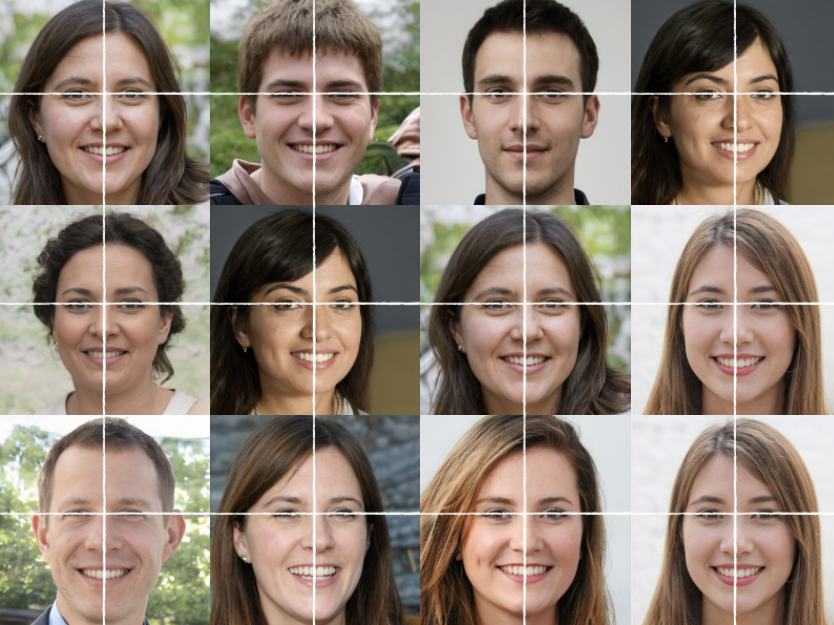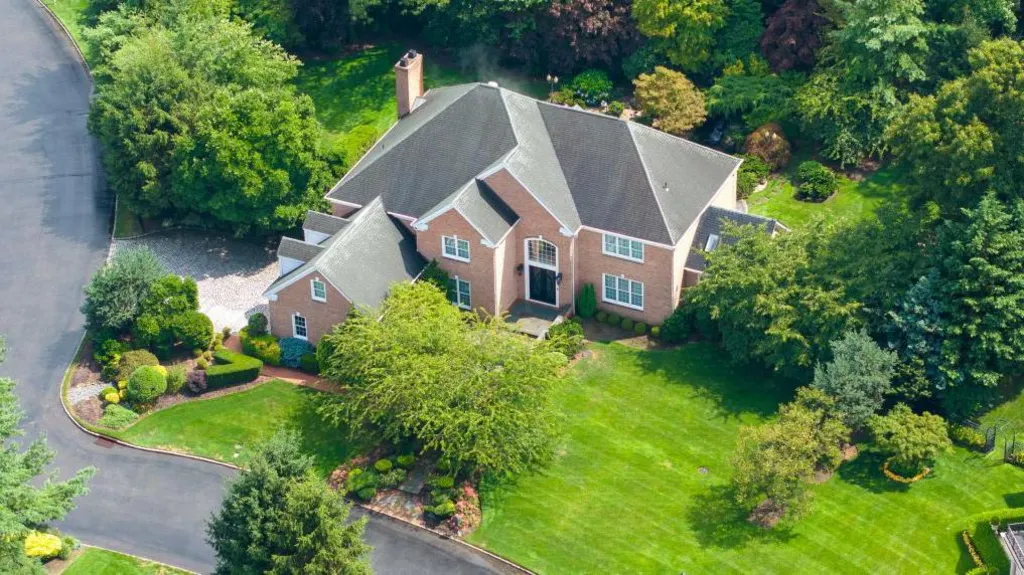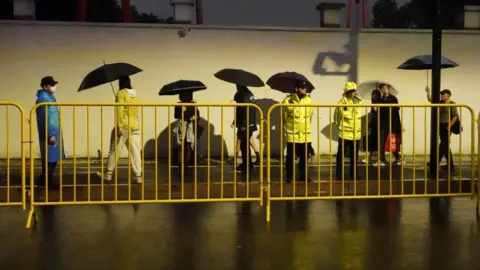 Reuters
ReutersA heavy police response has stifled Halloween celebrations in Shanghai, in what many have viewed as an attempt by authorities to crack down on large public gatherings and freedom of expression.
Witnesses have told the BBC they saw police dispersing crowds of costumed revellers on the streets of Shanghai, while photos of apparent arrests have spread on social media.
Authorities have yet to comment. While there has been no official notice prohibiting Halloween celebrations, rumours of a possible crackdown began circulating online earlier this month.
It comes a year after Halloween revellers in Shanghai went viral for donning costumes poking fun at the Chinese government and its policies.
Pictures from last year’s Halloween event showed people dressing up as a giant surveillance camera, Covid testers, and a censored Weibo post.
This year, footage posted to social media showed people dressed in seemingly uncontroversial costumes, including those of comic book characters such as Batman and Deadpool, being escorted into the back of police vans. Some party-goers said online they were forced to remove make-up at a police station.
But it remains unclear what – if any – types of costumes police were targeting, as many other revellers were left alone.
Eyewitnesses have told BBC Chinese that on Friday a large number of police officers and vehicles gathered on Julu Road in downtown Shanghai, and people dressed in costumes were asked to leave the scene.
On Saturday, police were seen dispersing revellers from the city’s Zhongshan Park.
The BBC spoke to a Shanghai resident who was at the park with friends that night. “Every time someone new showed up on the scene, everyone would go, ‘Wow that’s cool’ and laugh. There were policemen on the sidelines, but I felt they also wanted to watch,” the person said.
But the festive mood ended around 22:00 local (14:00 GMT) when a new group of policemen arrived and began cordoning off the park, according to the eyewitness. “As we left the park, we were told to take off all our headgear. We were told everyone leaving from that exit could not be costumed.”
The person added that they saw a man clash with police officers when he tried to enter.
Another Shanghai resident said the number of police officers taking down the details of people dressed in costumes appeared to exceed the number of revellers themselves.
“Shanghai is not supposed to be like this,” the person said. “It has always been very tolerant.”
The BBC has asked the Shanghai police for a response.
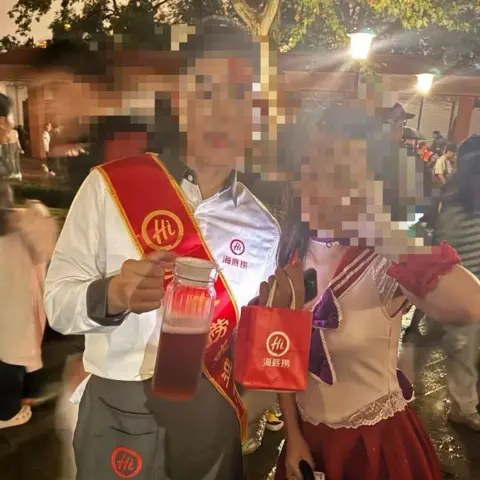 BBC Chinese
BBC ChineseRumours of a crackdown have been circulating in recent days.
Earlier this month, some business owners who run coffeeshops, bookshops and bars in Shanghai received government notices discouraging Halloween events, the BBC understands.
Around the same time, messages from what appeared to be a government work chat group spread online, suggesting there would be a ban on large-scale Halloween activities. The BBC could not verify these messages.
Some universities issued warnings to their students.
One student at the prestigious Fudan University said they were told by school authorities recently not to participate in gatherings. On Sunday evening, the student received a call from a school counsellor.
“They called me to ask if I had gone out, if I had taken part [in activities]. And if I did participate, I could not reveal I was a student [of the university],” the person told the BBC.
The BBC has also seen a notice from another university in Shanghai issued to students in mid-October discouraging them to “reduce participation in big and small gatherings in the near future”.
This is not the first time Chinese authorities have cracked down on fancy dress. In 2014, Beijing police said people wearing Halloween-themed costumes on the city’s metro system could face arrest, claiming costumes could cause crowds to gather and create “trouble”.
But this year comes on the back of the White Paper Protest movement, which began in November 2022 when large groups of people, mostly youths, gathered spontaneously one night on a street in Shanghai to mourn the victims of a fire.
That gathering soon turned into brief – but widespread – demonstrations against the country’s Covid policies, in one of the biggest challenges to the Chinese government’s authority since the Tiananmen protests.
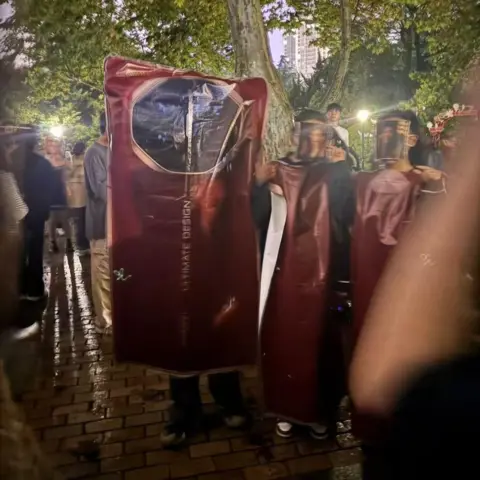 BBC Chinese
BBC Chinese